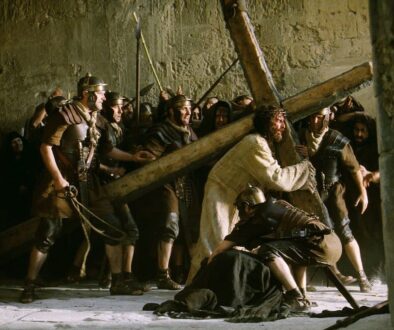Victory of the Icon 3
I have a massive, endlessly-lengthening list of books, old and new, that I want to get around to reading. Donny Gluckstein’s new book A People’s History of the Second World War just went straight in near the top of the list.
Gluckstein’s argument seems to be that WWII was actually two wars, fought in parallel. One was an imperialist squabble between established empires and up-and-coming imperialist nations that were set to clash with them. Britain, France, Russia and America (which was already a continental empire and was ready to expand globally) found themselves violently competing for hegemony with Germany, Italy and Japan. Running beneath this conflict there was a people’s war against fascism (the form taken by the new empires) underpinned by dreams of freedom and democracy. The imperialists running the first war knew that had to appeal to the priorities of the people fighting the second war in order to enlist their support, hence the democratic rhetoric.
I mention this here because Gluckstein has done an interview for New Left Project, in which he has some things to say about Winston Churchill, the subject of my irregular ‘Victory of the Icon‘ posts.
Churchill was always very clear that his mission in the war was to defend the British empire, not promote the interests of ordinary citizens. He was not ideologically committed to destroy fascism. He made statements such as the following when he met Mussolini in 1927: ‘If I had been an Italian I would have been with you from the start in your struggle against the bestial passions of Leninism’. During the Spanish civil war he backed Franco (whose survival depended on Hitler and Mussolini’s massive material support), and afterwards he defended Franco when some argued that his regime was the unfinished business of WWII. Churchill also backed the Japanese invasion of Manchuria before the war.
During the war itself Churchill was very resistant to the notion of opening a second front (a landing in France) to relieve pressure on Russia. The focus of British strategy until 1944 was to avoid confronting the Nazis in Europe, and instead defend the imperial routes. That is why the main fighting was in North Africa (Tobruk, El Alamein). When the tide turned on the Eastern Front and it looked like Russia would sweep across Europe Churchill suddenly threw his efforts into the D-Day landings.
For ordinary British people the war had a very different meaning. It was a war against Nazism and fascism, for liberation and democracy. Churchill was fighting to defend the status quo of 1939 which, at home, had meant mass unemployment, appalling poverty and deprivation. The majority were not going to put their lives at risk to continue with that. Nor would they be duped with the sort of propaganda issued in the First World War (such as Lord Kitchener’s famous poster – ‘Your country needs you!’) They had seen what imperialist war meant.
And:
Churchill was an important figure in the sense that the British ruling class was divided about what to do with Germany. One wing thought that there could be a division of spoils – let Hitler have the Continent in return for leaving Britain to its overseas empire. They were therefore in favour of appeasement during the 1930s and for compromise once the war had begun.
Churchill rejected this scenario. He considered, probably rightly, that Hitler would not be content with such a division and that Germany would inevitably be a threat to British imperial interests. He was therefore absolutely determined to see the war through to its conclusion and win. This is the source of his inspirational rhetoric which captivated so many. However, as explained above – he was a great imperialist war leader, not a great leader of the war against fascism.
Churchill’s war record is shocking in many ways. He was responsible for the Bengal famine which cost some 3 million lives because he insisted on forcing India to raise a huge army and blocked efforts to supply food when the demands of that army caused starvation. Rather than open up a second front in Europe he gave himself an alibi by backing area bombing of Germany. This involved the indiscriminate bombing of German civilians which continued in spite of US advice that targeted bombing would be more militarily effective. Even after the D-Day landings, when it was clear the land war would be the means by which Nazism would be destroyed, he backed Bomber Command which was working through its list of city targets, the most notorious being Dredsen.
Winston, you old devil. Is that a wicked twinkle in your eye, you cheeky chap?
Still, it’s okay. Gatiss didn’t portray him as whiter than white. He tries to steal the TARDIS keys, after all. The naughty man. That’ll neutralise any tendency there might otherwise be in the episode to indoctrinate children into the unquestioning admiration of a blood-splattered old reactionary imperialist.


June 8, 2012 @ 11:40 am
I'm not sure if the episode was actually intended to indoctrinate children. It didn't feature the real Churchill, but a fictional character who vaguely resembled him.
June 8, 2012 @ 12:57 pm
I'm entirely sure that the indoctrination of children was not an aim of anybody involved in making the episode.